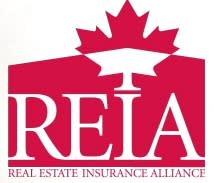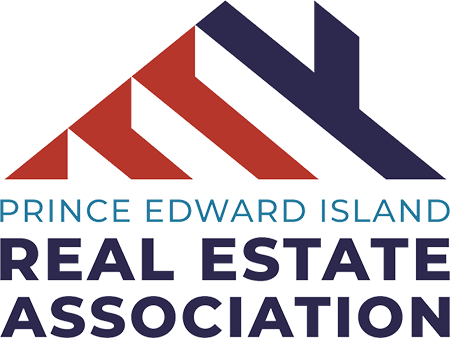
REIA-Wells & Water Sampling

A Refresher on Wells and Water Samples |
Years ago, claims against REALTORS® for issues with well water potability (fit or suitable for drinking) were a common occurrence. Claims relating to disinfecting wells and taking water samples arose too frequently, resulting in REIA issuing a risk management bulletin that provided notes on limiting the liability risk to those
REALTORS® dealing in properties with wells. Disinfecting or “shocking” a well involves a process of adding bleach to a well to achieve a potable water sample and satisfy the potable water condition in a purchase agreement. Instructions for disinfecting wells are available from appropriate provincial ministries, however these instructions are meant for use by homeowners who are using a well on an ongoing basis. Disinfecting a well to comply with the conditions of a purchase agreement brings the risk that the true condition of a well will be unintentionally misrepresented. This could result in professional standards complaints and allegations of misrepresentation and fraud.
The same concerns apply to the proper taking of water samples. Obtaining and delivering a water sample has its own requirements. Failure to carry out these steps properly can lead to faulty water test results and allegations of professional negligence.
Today, claims relating to water potability are rarely seen by REIA. This decline in well water claims is not because wells have suddenly disappeared from properties. Rather, it is because REALTORS® have changed their practices for working with their clients.
This bulletin provides a refresher on reducing liability risks for wells and water samples and is a reminder of the reasons these practices are recommended.
To better ensure the satisfaction of your clients and avoid complaints and claims, observe the following five recommendations:
1.Avoid Any Direct Involvement in Well Disinfecting Avoid becoming involved in the disinfecting of wells. The disinfecting process is simply too fraught with difficulties to be undertaken and should be avoided. If you do become involved in disinfecting a well, ensure that you have the consent of the seller and the buyer.
2.Obtain Information from the Seller Ask the seller about the quality of the well and its water. Obtain disclosures on any problems experienced with the well and the water quality. Ask if the well has been disinfected, including when and how often.
3.Avoid Taking Water Samples Claims relating to water samples typically involve allegations of mishandling or using another “clean” source of water. Sellers or other professionals should be responsible for taking water samples. Refer the seller to the appropriate provincial guidelines on water sample collection and remember that water samples should be collected as soon as possible to verify the seller’s statements regarding the condition of the well.
4.Respond to the Well and Water Conditions Responses to well and water conditions will depend on the seller’s information and the water analysis test results. If the water analysis confirms that the water is of good quality and the seller has properly confirmed that the well has not been disinfected (e.g., as described in a disclosure document), then all is likely in order. If the seller advises of previous water issues, indicates that the well had been disinfected, or if the water test discloses issues, the listing agent must disclose that information to the buyer or to the buyer’s REALTOR®. Once disclosed, it is up to the buyer and their REALTOR® to consider that information and determine what remedy, if any, is required.
5.Understand the Process for Further Disinfecting If the buyer and seller mutually decide to try and remedy a water quality problem by disinfecting the well, avoid becoming directly involved in disinfecting the well. Direct the buyer and the seller to the relevant provincial guidelines for disinfecting wells. Understand that disinfecting treatments and testing may likely take weeks to enable a proper understanding of whether the disinfecting is effective in resolving the water quality issues or whether an alternative remedy is needed.
Water potability claims will never totally dry up, but we can keep them to just a drop in the bucket. Following the five recommendations will serve your client’s interest while reducing your exposure to potential claims and complaints. |
